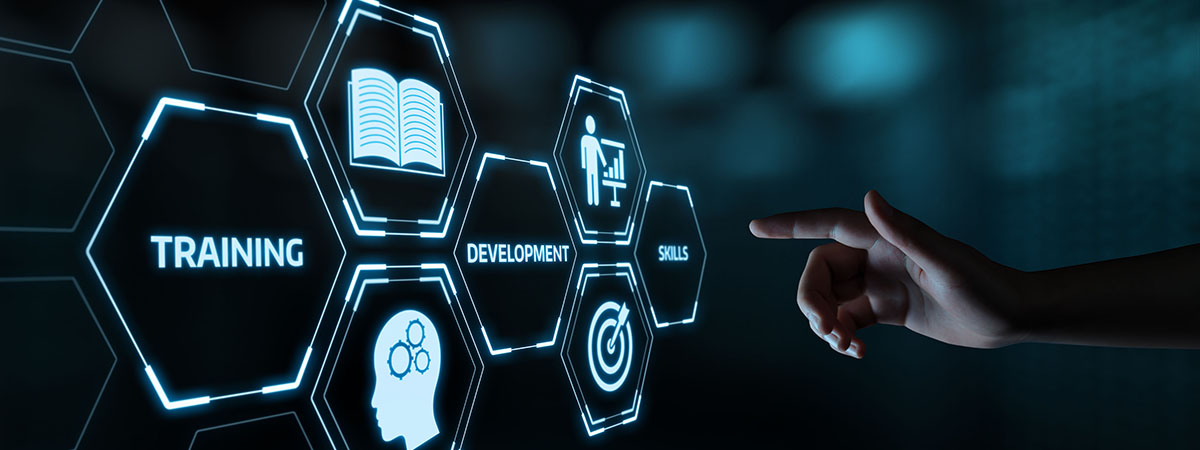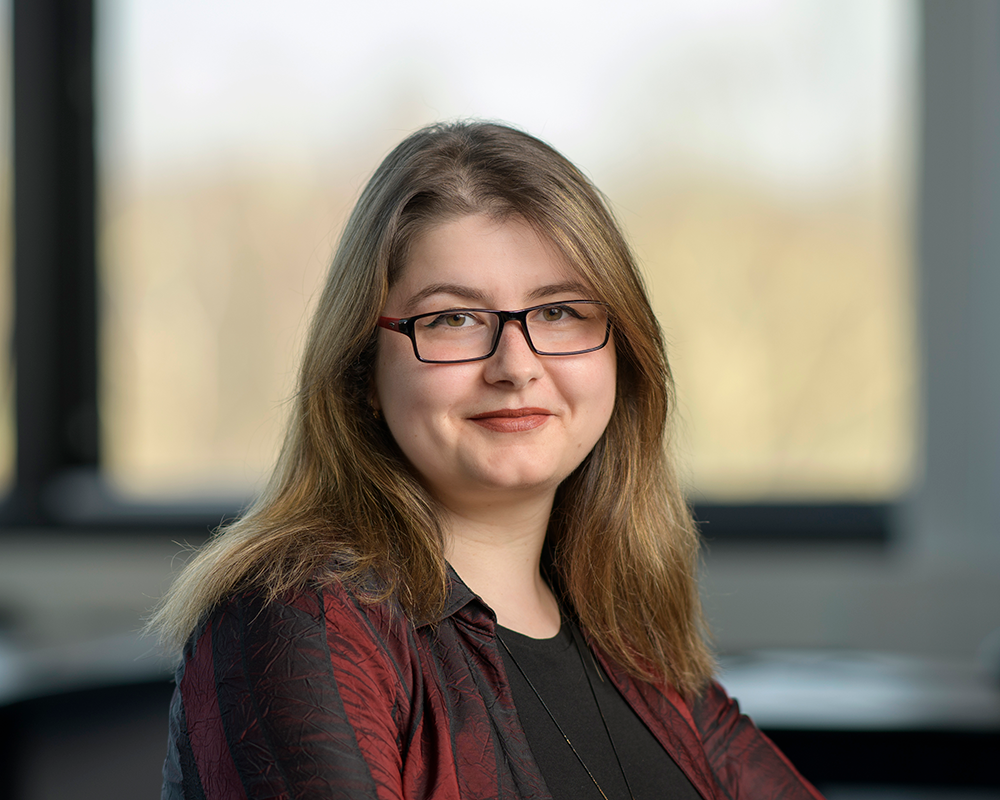
Have you heard about lifelong learning?

As children we learn to walk, read, ride a bike or skateboard, it is interesting, it is fun, it is challenging but it is also self-fulfilling. As adults we continue to carry the spark within us, that initial force that is motivating us to move forward and be curious, interested and challenged. Motivation to learn something new can come from different sources like desire to change our career path, increase of income, interest on a specific topic etc. The self-motivation to progress as human beings to become better is what keeps us young and fresh. We are natural learners, and our curiosity enables us to acquire new competences and knowledge outside the formal education. This so-called informal source of knowledge can easily influence our lives in general. Lifelong learning represents a continuous process of personal or professional growth that can be achieved by formal or informal education and experience. Lifelong Learning can also be defined as a concept spanning an entire lifetime in a process of “….transforming experience into knowledge, skills, attitudes, values, emotions, beliefs and the senses” (Jarvis 2002). It is not ‘just’ continuing education, it is much more. We can say that it is an important conceptual framework for the improvement of musicians’ employability and adaptability. The innovative dimension of the Lifelong Learning concept lies in a new approach of the process and context of learning (Fragoulis 2002). transforming experience into knowledge, skills, attitudes, values, emotions, beliefs and the senses” (Jarvis 2002). It is not ‘just’ continuing education, it is much more. We can say that it is an important conceptual framework for the improvement of musicians’ employability and adaptability. The innovative dimension of the Lifelong Learning concept lies in a new approach of the process and context of learning (Fragoulis 2002). transforming experience into knowledge, skills, attitudes, values, emotions, beliefs and the senses” (Jarvis 2002). It is not ‘just’ continuing education, it is much more. We can say that it is an important conceptual framework for the improvement of musicians’ employability and adaptability. The innovative dimension of the Lifelong Learning concept lies in a new approach of the process and context of learning (Fragoulis 2002).
New knowledge can be obtained in so many simple ways such as reading a magazine or a newspaper, browsing the internet or just talking with people. It is the only way to keep in touch and follow this dynamic world we are living in, this constant environment of change. It is inevitable that we develop an attitude where we will continually learn and upgrade if we desire to succeed. It is never too late to learn something new, follow you dreams and achieve personal fulfilment.
So, have you developed any new skills that are not connected only to your work? Does learning how to use a new smart device count? Yes, it definitely does.
With the constant appearance of new electronic devices, new software applications that make our lives, both private and professional easier and simpler, but before they do, we have to learn how to use them, we are on the constant path of self-initiated education . This means that we are all lifelong learners especially with the development of new technology and we find that fulfilling. Learning how to use a new device or software that the company decided to implement serves our needs and purpose, but it also gives us the sense of self-worth and self-satisfaction. Learning at all stages (and ages) throughout our lives is said to be not only useful but also beneficial to our overall health, physical and psychological.
References:
- Lundberg, A. and Westerman, G. (2020), The Transformer CLO, article about Developing Employees from Harvard Business Publishing. https://hbr.org/2020/01/the-transformer-clo
- Jarvis, P. (2002). Lifelong learning: which way forward for higher education? In D. Colardyn (ed.), Lifelong Learning: which ways forward? Utrecht: Lemma
- Fragoulis, H. (2002). Innovations to address the challenges of lifelong learning in transition countries. In D. Colardyn (ed.), Lifelong Learning: which ways forward? Utrecht: Lemma.
